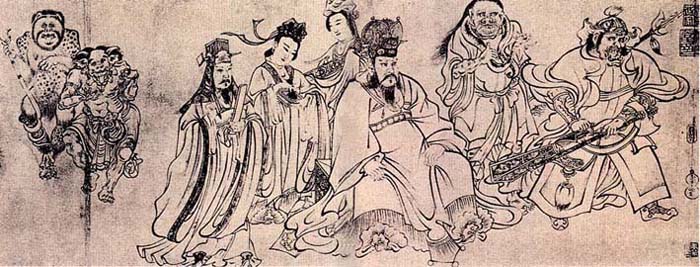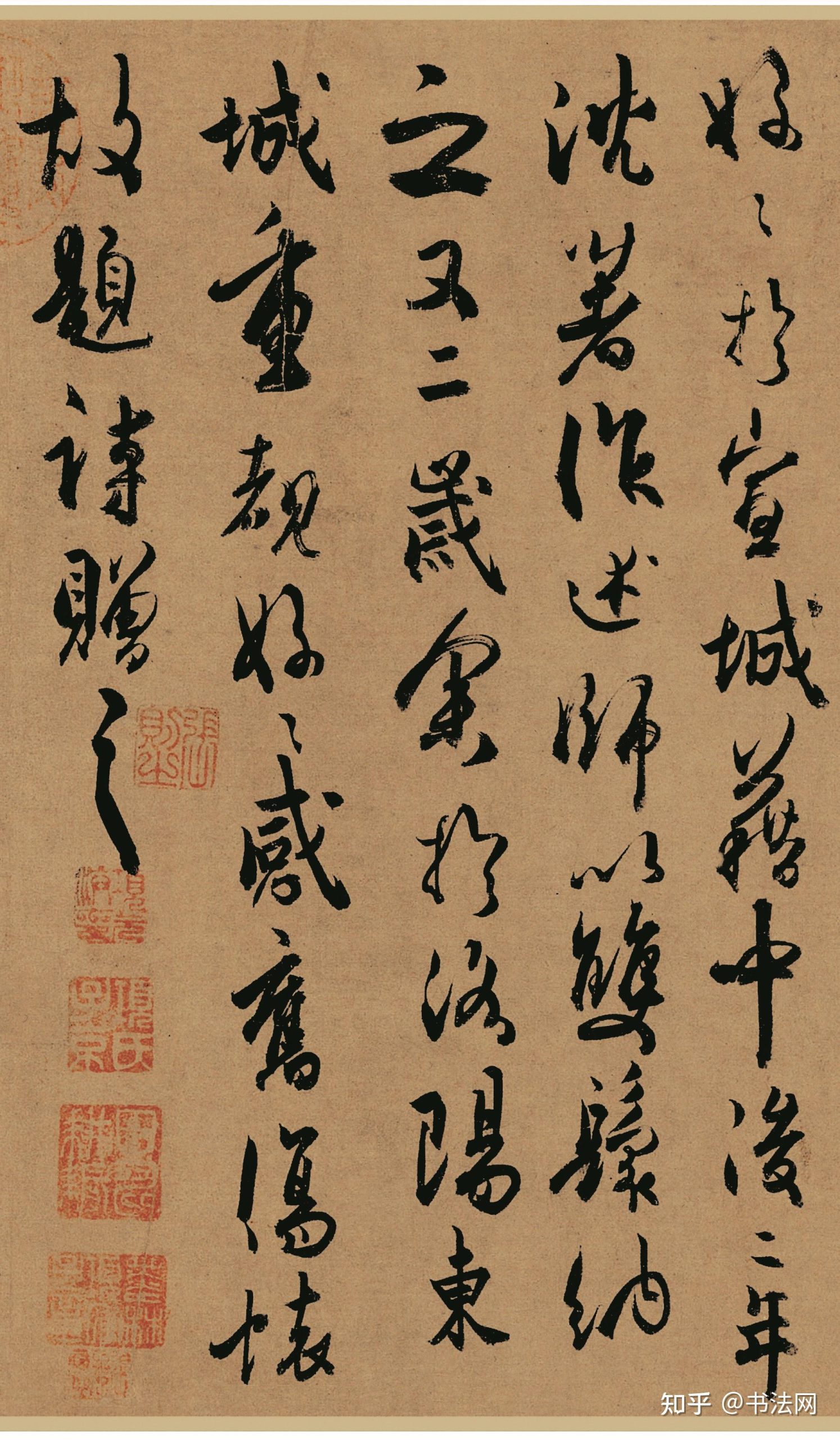Many friends are puzzled. Li Bai and Su Shi were both famous literary figures, and Li Bai was also known as the “Poet Immortal”. Why wasn’t Li Bai one of the Eight Great Masters of the Tang and Song dynasties? In fact, the Eight Masters of Tang and Song Dynasties, also known as the Eight Masters of Tang and Song Prose, are selected based on their level of prose. Li Bai’s main achievement is poetry, not prose. However, we still want to know which of Li Bai and Su Shi has achieved higher literary accomplishments. In fact, this issue may have been debated for nearly a thousand years, and we have seen too many statements from modern people. This time, let’s take a look at how ancient people evaluated them.

We all know that Tang poetry is the pinnacle of the development of classical Chinese poetry, dating back nearly three hundred years. With 50000 poems preserved to this day, it is a shining pearl in the treasure trove of Chinese literature. Although the literary form of the Song Dynasty was ci, the achievements of Song poetry were not inferior to ci, and its number of surviving poems was more than ten times that of ci.
There were many excellent poets in the Song Dynasty, such as Wang Anshi, Su Shi, Huang Tingjian, Lu You, Fan Chengda, Yang Wanli, etc. However, the one who truly opened up the face of Song poetry was Su Shi, who was known as the soul of Song poetry. Su Shi emphasized both poetry and prose, with countless masterpieces and high achievements, making him the first person of the Great Song Dynasty.
Huang Tingjian, a disciple of Su Shi, once commented on Su Shi’s poetry: ‘Gong is like the great Chu, swallowing five lakes and three seas.’. As the saying goes, ‘Those who observe the sea cannot compare to water.’ Huang Tingjian’s words are not particularly exaggerated. Although Su Shunyin and Mei Yaochen initially opened up the face of Song poetry, their scale was not large and their influence was limited; Their vague and indifferent language cannot satisfy people. It was not until Su Shi that he adopted a bizarre and spontaneous style. He embraced the Tang style, established his own business, and expanded the realm of Song poetry. Between balance and arrangement, there is a charming charm of “a slanting branch outside the bamboo is better” and “looking horizontally at the ridges and forming peaks”.

Su Shi’s thoughts are quite diverse, incorporating Confucianism, Taoism, and Buddhism, while Buddhist and Taoist ideas are ubiquitous in his literary creations. Although it had a nihilistic impact on his outlook on life, it had an aesthetic effect in his creation, such as his prose “Red Cliff Ode”, seven character regulated poem “Nostalgia for Hezi You Mianchi”, and ci poem “Xijiang Moon: A Dream of the World”, all of which reflected his thoughts. This is similar to Li Bai of the Tang Dynasty, who later generations regarded as Li Bai of the Song Dynasty. Although Su Shi is not Li Bai, his literary achievements are not inferior to Li Bai’s.
Chinese people have always had a tradition of loving comparison. When Su Shi, the first poet of the Song Dynasty, met Li Bai, the immortal poet, whose talent was superior? This issue is not only a topic that modern people enjoy discussing, but it was already brought up and discussed by someone as early as the Northern Song Dynasty a thousand years ago.
There is a record in the Song Dynasty notebook “Gengxi Poetry Talks” that Emperor Shenzong of Song asked his close courtiers, “Which ancient person can Su Shi be compared to? Some people say, ‘Tang Li Bai had similar literary talents.’ Emperor Shenzong replied, ‘No, Bai had the talent of Shi, but not the learning of Shi.’ These twelve words really hit the nail on the head, and Emperor Shenzong of Song was indeed a visionary emperor. Su Shi’s success lies in his extensive knowledge and talent, which can be regarded as a decathlon. His poetry became a separate genre after the Tang Dynasty, and he opened up a bold and unrestrained style of poetry, becoming a master of the bold and unrestrained style; Wen was one of the Eight Great Masters of the Tang and Song dynasties; Speaking of calligraphy, ‘Cold Food Tie’ is known as the third line of calligraphy in the world; Painting, casual dyeing, and the founder of literati painting; In terms of food, Dongpo Braised Pork and Dongpo fish embellish China’s food culture.
Of course, Su Shi also had his own weaknesses. He himself said that playing chess, drinking alcohol, and singing music were not as good as being human. There is one more thing that Su Shi didn’t mention. He doesn’t know martial arts, while Li Bai was a famous swordsman in the Tang Dynasty, who claimed to be “a young hero with several blades”.
Finally, returning to the original topic, let’s talk about Su Shi’s poetry. Although Su Shi’s poetry achievements are undoubtedly outstanding, there are also many shortcomings, such as excessive exuberance, insufficient condensation, emphasis on pouring and lack of subtlety, and due to his talent, wealth, and greed for diversity, he often falls short of formalities and becomes rough, resulting in a combination of boldness and recklessness. Su Shi is best at the Seven Classics, but he is not as elegant as Li Bai and less melancholic than Du Fu. There are over 900 surviving poems by Li Bai, each of which can be considered a classic.
Who has achieved higher success in Su Shi’s poetry or Li Bai’s poetry? This is not difficult to answer, good works must have a wider and longer range of dissemination. Ask more people, do you know whether Su Shi has more famous poems or Li Bai has more famous poems? The answer is about to come out!


